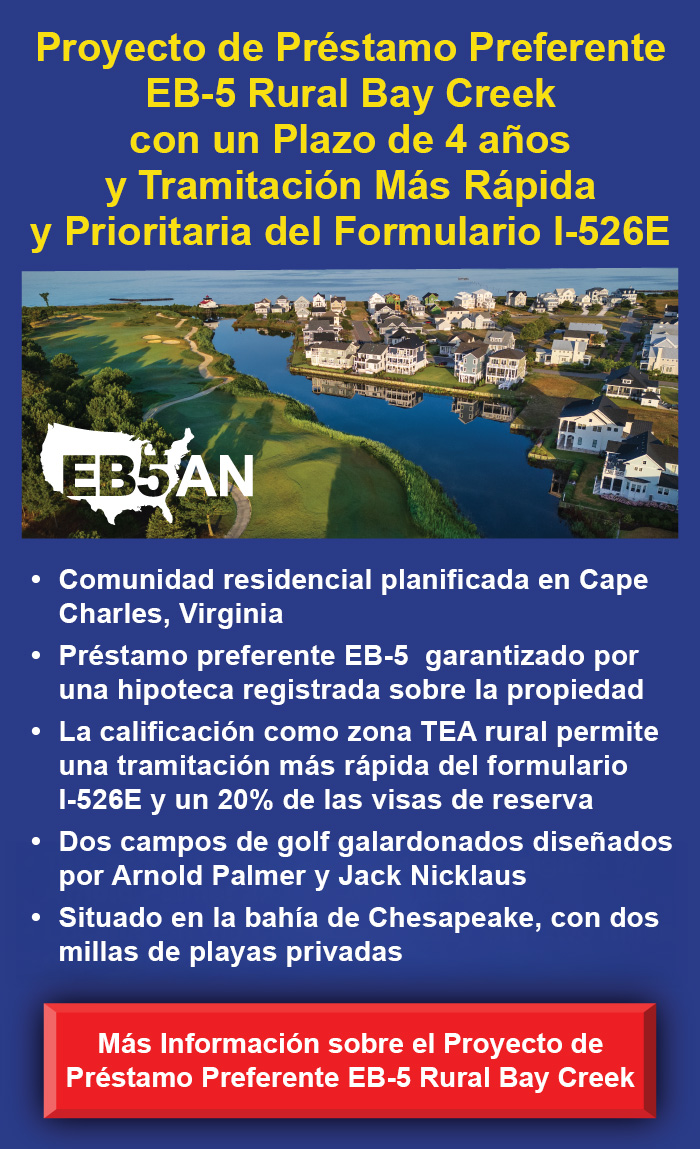The EB-5 Immigrant Investor Program provides an opportunity for eligible immigrant investors to obtain permanent residency in the United States by investing $1.8 million or $900,000 in a qualifying EB-5 project. This is a unique opportunity for not only the investor but also for their immediate family. EB-5 investors can include their spouse and unmarried children under the age of 21 on their EB-5 visa application.
After two years of conditional permanent residency, investors and their families can file an I-829 petition to remove the conditions of residency. If the investment has created at least 10 new full-time jobs for U.S. workers, and met all other criteria, the family can be granted permanent resident status.
As terrible as it is, there are unfortunate cases in which the investor dies during the EB-5 process. This leaves the family mourning their loss and faced with uncertainty regarding their future in the United States.
Legislation Providing Relief for Surviving Relatives
In 2009, legislation was implemented to address the concerns of EB-5 families if the primary applicant dies during the EB-5 process. In terms of the legislation, section 204(I) of the Immigration and Nationality Act (INA), the dependents of a deceased investor can request an “adjustment of immigration benefit” if specific conditions apply. The main requirement is that the investor is eligible for “qualifying relative” status, which is determined by United States Citizenship and Immigration Services (USCIS) because INA 204(I) does not define this term.
“Qualifying Relative” Requirements
According to USCIS, a “qualifying relative” is someone “who, immediately before death, was the principal beneficiary in an employment-based immigrant visa petition.” Although it doesn’t matter whether the EB-5 application had been approved at the time of the investor’s death, the person applying for relief under INA 204(I) must meet certain residency requirements. All the derivative beneficiaries, that is, the investor’s spouse and all their children who qualify for EB-5 visas, may still secure U.S. green cards. If the family members meet the requirements, they can complete the immigration process, just as they would have if the principal EB-5 petitioner had not died.
What is the Residency Requirement?
The residency requirement contains two conditions the family member applying under INA 204(I) must meet. First, at the time of the qualifying relative’s death, the family member must have been a U.S. resident. Second, the family member must continue living in the United States after the death of the qualifying relative. The family member can have been abroad during the time of death of the qualifying relative, as long as their principal dwelling place was in the United States. It is not required that all family members meet the residency requirement as long as one does.
The Process for Recent Marriages
The process becomes a bit more complicated in the case of a recent marriage. If an EB-5 investor’s spouse has received conditional permanent residency due to a recent marriage and the investor dies, USCIS will launch an investigation to confirm that the marriage was legitimate before granting the surviving spouse permanent residency. This is done to prevent people from becoming U.S. permanent green card holders through sham marriages.
USCIS Has the Discretion to Deny a Petition
Ultimately, the decision to grant permanent U.S. resident status to the dependents of a deceased EB-5 investor is completely determined by USCIS. USCIS may deny a family member’s application even when all requirements seem to be met.
The family members of a deceased EB-5 investor should contact an immigration attorney to help them explore their options and ensure the process is as stress free as possible.


